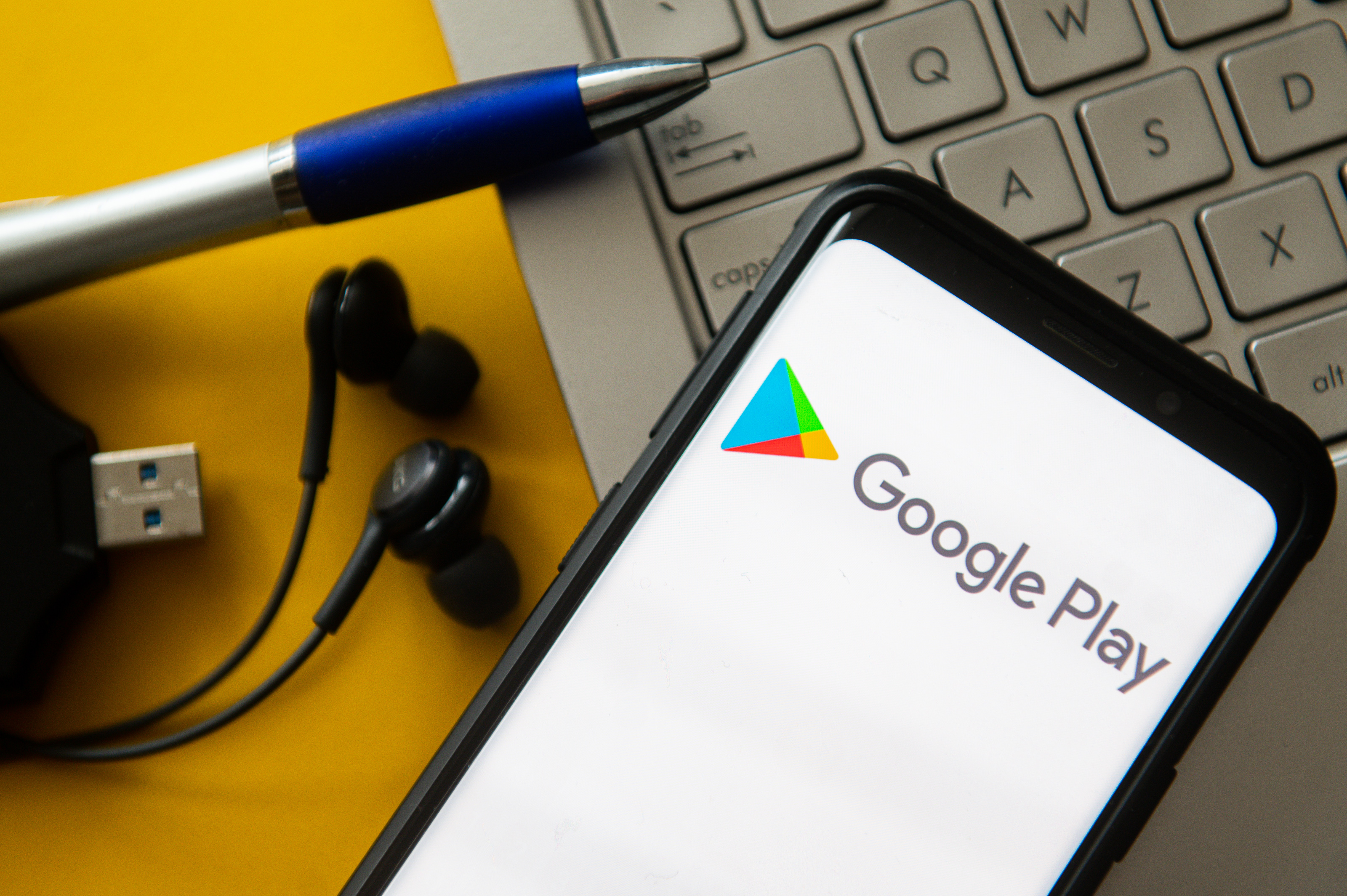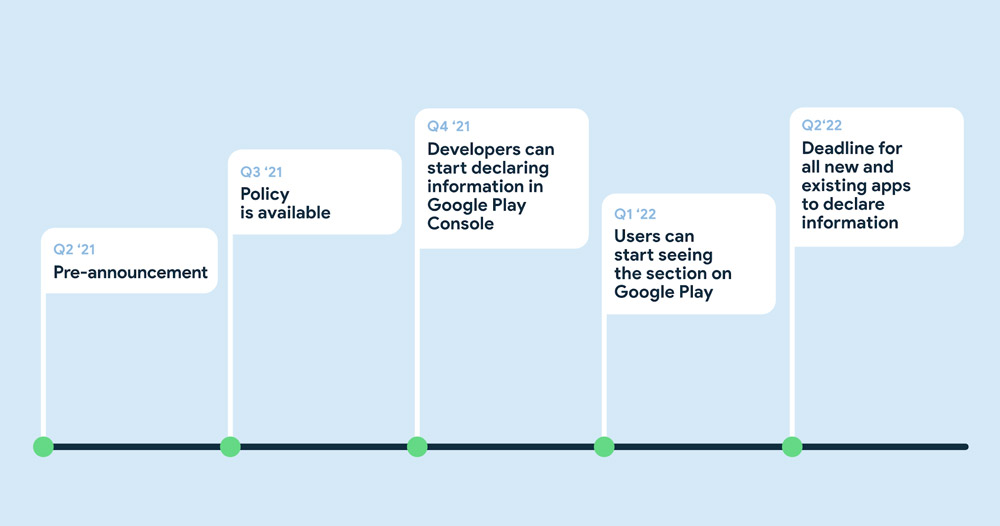Google Play just copied the App Store's top new feature
Google's Play Store will start showing privacy declarations for each app

Hey, this sounds familiar: Google plans to display privacy information about every app in the Google Play store, just as Apple now does in its own App Store.
The "upcoming safety section in Google Play will help people understand the data an app collects or shares, if that data is secured, and additional details that impact privacy and security," wrote Suzanne Frey, a Google vice president in charge of Android security and privacy, in a blog post.
- Serious Android flaw threatens hundreds of millions of users — what to do
- The best encrypted messaging apps you can use
- Plus: Android tablets just got a big upgrade to fight the iPad
To be fair, Google Play listed the permissions each app had long before Apple started requiring privacy information after the release of iOS 14. But over the years, the permissions scorecard has become less prominent on the standard Google Play page, and now you have to scroll to the bottom of an app's listing to find it.
It's not like this new privacy policy is going to happen tomorrow, either. The May 6 blog post is just a "pre-announcement" meant to give a heads-up to Android developers that this new policy is on the way. We'd expect to hear more about it during Google's developer conference later this month.
The policy requirements themselves will come sometime this summer, according to a cute graphic on the blog post. The privacy section may appear in Google Play in the winter of 2022.
All new and existing apps will have to declare their privacy information in by "Q2 '22." That's the spring of 2022 to non-business-minded humans, or about a year from now.

Still, Frey lays out some pretty ambitious goals in her blog post. Like Apple, Google will require apps to show "what type of data is collected and stored" and "how the data is used," but some of the other requirements go beyond what Apple makes its developers declare.
Sign up to get the BEST of Tom's Guide direct to your inbox.
Get instant access to breaking news, the hottest reviews, great deals and helpful tips.
"In addition to the data an app collects or shares," she writes, "we're introducing new elements to highlight whether:
- "The app has security practices, like data encryption"
- "The app follows our Families policy"
- "The app needs this data to function or if users have choice in sharing it"
- "The app's safety section is verified by an independent third-party"
- "The app enables users to request data deletion, if they decide to uninstall"
The downside is that all of this will be self-declared by the app developers, so there's room to exaggerate any positives or downplay negative privacy aspects — at least until the app makers get caught. And it's not clear what happens after that.
Frey warns that "Google Play will introduce a policy that requires developers to provide accurate information" — which make us wonder why there's no such policy in existence already.
"If we find that a developer has misrepresented the data they've provided and is in violation of the policy, we will require the developer to fix it," she adds. "Apps that don't become compliant will be subject to policy enforcement."
We can't wait to see what kind of teeth this new Google tell-the-truth policy enforcement really has.
- The best Android phones you can buy today
Paul Wagenseil is a senior editor at Tom's Guide focused on security and privacy. He has also been a dishwasher, fry cook, long-haul driver, code monkey and video editor. He's been rooting around in the information-security space for more than 15 years at FoxNews.com, SecurityNewsDaily, TechNewsDaily and Tom's Guide, has presented talks at the ShmooCon, DerbyCon and BSides Las Vegas hacker conferences, shown up in random TV news spots and even moderated a panel discussion at the CEDIA home-technology conference. You can follow his rants on Twitter at @snd_wagenseil.

